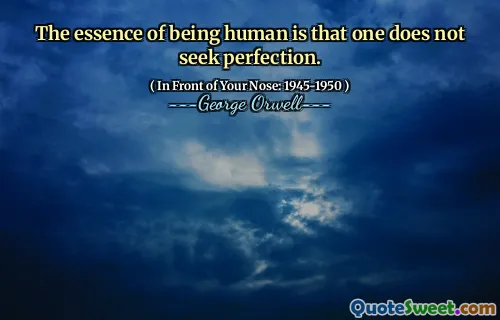
I have been given the authority over you, and I am not the best of you. If I do well, help me; and if I do wrong, set me right. Sincere regard for truth.
📖 Abu Bakr
This quote reflects a profound sense of humility and responsibility. The speaker acknowledges their authoritative position but emphasizes that they are not superior to those they lead. This humility fosters an environment of mutual respect and honesty, encouraging others to provide constructive criticism without fear of backlash. Recognizing one's own potential for error, the speaker seeks support when they act rightly and correction when they falter, reinforcing the importance of collaborative improvement. Such an attitude exemplifies servant leadership—leading with integrity, transparency, and a genuine desire for truth and justice. It highlights how effective leadership relies not only on authority but also on moral accountability and openness to feedback. Embracing vulnerability through admitting fallibility can ultimately strengthen trust and cohesion within a group. It reminds us that true leadership is rooted in humility and a sincere regard for the greater good. Practicing this mindset can lead to more ethical actions, continuous personal growth, and a culture where truth and honesty are valued above ego or power. This quote serves as a timeless assertion of the importance of integrity and humility in leadership, inspiring leaders to foster environments where transparency and collective betterment are prioritized.











